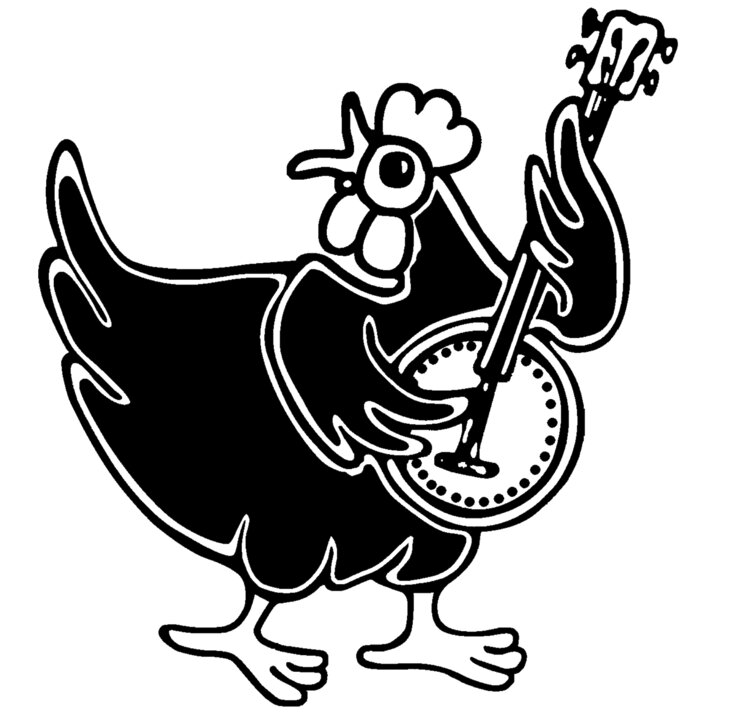Veteran singer-songwriter David Olney takes a poetic look at the darkness inevitably surrounding the current immigration crisis, pleading for open hearts and mercy in the process. It’s not quite a themed album but, for the most part, it reads that way. “I wanted to explore the idea of walls,” says Olney,” What does a wall mean? What does it mean to be an immigrant who comes upon that wall as a wanderer, someone lost and alone?” Olney’s point of view is inferred from the songs as he takes the third person approach. “I’m not comfortable writing abut my own dirty laundry. It’s better for me to look at characters and what they might be going through. When I write about the heavy stuff of life, it’s usually while I’m in someone else’s shoes.”
On This Side or the Other Olney teams with label owner, Juno-Award winning producer and multi-instrumentalist Steve Dawson who splits his time between his home in Vancouver and Nashville these days. Olney is one of the pillars of Americana, a songwriters’ songwriter, who can attract the best session players. Joining him are Country Music Hall of Fame harmonicist Charlie McCoy, singer-songwriter Anne McCue, The McCrary Sisters, Fats Kaplin, Dawson, and his regular band: Daniel Seymour on bass, Ward Stout on fiddle, and Justin Amaral on drums. These ten songs are both fresh and taken from old writings. Olney also collaborates with friends, co-writing three with John Hadley, penning the title track with both Hadley and McCue, and one with Abbie Gardner. He also takes a marvelous reading of The Zombies’ “She’s Not There.”
Olney was thinking of Johnny Cash, the eternal outsider, for the opener “Always a Stranger,” colored by Stout’s fiddle and McCoy’s full-bodied enveloping harmonica tone. The tone gets dark and bluesy for “Wall” as Olney rather existentially raises the symbolism of a wall which is necessary for a door which, in turn, is necessary for a lock, which in turn, is necessary for a key. He summarizes so succinctly in the last verse – “Brick by brick, stone by stone/You build a wall and then it’s done/Fear by fear, doubt by doubt/You keep me in you keep me out.” He takes a metaphorical look at borders in “Border Town,” featuring the McCrarys on background vocals and Dawson on the hybrid string instrument, the mandotar.
Two songs about spies come with spooky backdrops. McCue’s voice is the perfect complement on “I Spy” while “Running From Love,” an older song gets a more upbeat treatment with McCoy, Stout, and Dawson adding crisp solos. The title track takes its idea from the film about Boston gangsters, “The Town,” with Dawson on pedal steel and McCue again singing angelically. “Death Will Not Divide Us,” written with Gardner, has biblical references and the McCrary Sisters bringing the gospel feel, as Dawson delivers an inspired guitar solo. “Open Your Heart (And Let Me In) is a melodic love song, apart from the prevailing theme again featuring McCue. “Stand Tall” is one that Olney’s been working with for years, a stoic statement that invokes migrant workers, miners, troubadours and prisoners. Lines like these “here they teach you while you’re young/There’s a price you have to pay for being real/ You have to learn to walk away/To close your heart pretending you don’t, feel/But you know you feel” give us reassurance that Olney’s going to be strong and be a comforting voice. Olney likens “She’ Not There” to a magic trick. You’re looking for her and she somehow disappears.
We can just as easily call this pairing of Olney with Dawson and these musicians magical too. Words can be a powerful force. In the hands of master wordsmith Olney, they can work wonders.
